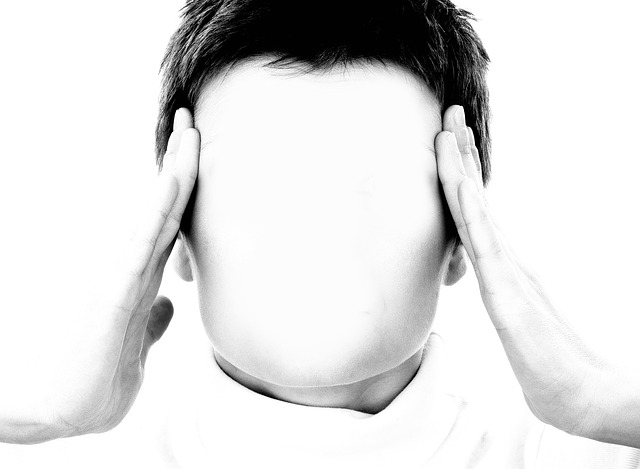Invisible Illness and Disability
/By Mia Maysack, PNN Columnist
A final once over in the mirror. I straighten my navy-blue blazer and fastened the top button on the very first dress shirt I've ever owned, reflecting upon how grueling the process has been.
Pursuing a disability case was an absolute last option for me. Being a contributing part of the workforce is something I not only enjoyed very much, but it made up part of my identity.
There were moments I was unsure if I'd even make it to this point, but I'm grateful to have an opportunity to exercise the right to represent myself at my disability hearing without a lawyer.
When sharing this viewpoint with others, I've mostly been advised against it but the route of legal assistance proved a dead end for me (see “Taking Control of My Disability Case”). Other recommendations included: Do not smile or dress nice, don't show much personality at all, or mention hobbies like volunteering because it could be considered contradictory to my claims.
Being differently enabled does not make me any less of a person so I refuse to act as such. It’s frustrating to feel as though you've got to convince others of your truth and, as hard as you try, they still may not “get it.”
I'm aware that my illnesses aren't visible to outsiders and because of that they are questioned. I showed up to provide an authentic glimpse as to what invisible illness can look like and how it has impacted my life.
I live in a constant state of post-infection intractable chronic migraine -- head pain that has never gone away since the year 2000. This pain is expected to be life-long and incurable.
There are also daily cluster headache attacks, which are an entirely different beast. The cherry on top comes in the form of my nerves being hyperactive, resulting in a diagnosis of fibromyalgia.
These conditions fluctuate. One day looks different than the next, but even at my absolute best there is still pain. Things can turn for the worse at any moment without warning and constant breaks are required for even simple tasks. I am not able to function optimally in a gainful work place environment, despite my countless attempts at trying.
Between the nausea/vomiting, light sensitivity/vision disturbances, persistent fatigue, brain fogginess and the on-going discomfort, there hasn't been a single aspect of my life that has not been negatively impacted: relationships, activities of daily living, employment, higher education, goals, dreams, aspirations....
I prolonged beginning the disability process due to the fact that I'm aware so many have it worse than me. I am thankful for my senses, mobility, the fact I can use the restroom on my own and feed myself, although there are periods daily when I can be entirely incapacitated.
Over the years, 34 prescriptions have been written for me -- all worsening matters as a result of the side effects. About 1,800 injections have been administered.
I now take full responsibility for my own wellness and have completely revamped my lifestyle to accommodate my conditions. I’ve also found a new passion for patient advocacy as a way to find a purpose in all of the agony, leading to the reality that I am my own best expert. It's empowering to be armed with knowledge on behalf of the millions who live with headache and migraine disorders.
While conveying this information at my hearing, I experienced more emotion than anticipated, especially when a friend took the stand to provide testimony as a witness. She reminisced on how we used to go dancing together and described how we could be so carefree. But over the years what seemed to have started as a slight hindrance turned into an everyday occurrence, rippling into less and less quality time spent. This took a toll on us both.
I can only hope it came across that migraine matters, that it burdens us all, and everyone should care about disabilities because it only takes a slight change in circumstance to alter your life forever. I didn't choose to struggle every day with getting out of bed, to have much of my time flat out stolen, or to have many memories tainted by the relentlessness of my chronic pain.
While awaiting word back on a decision, I cannot help but wonder. How many more times will they want to see and hear from me? I've already come thus far and I'm not giving up!
Mia Maysack lives with chronic migraine, cluster headaches and fibromyalgia. Mia is the founder of Keepin’ Our Heads Up, a Facebook advocacy and support group, and Peace & Love, a wellness and life coaching practice for the chronically ill.
The information in this column should not be considered as professional medical advice, diagnosis or treatment. It is for informational purposes only and represents the author’s opinions alone. It does not inherently express or reflect the views, opinions and/or positions of Pain News Network.





